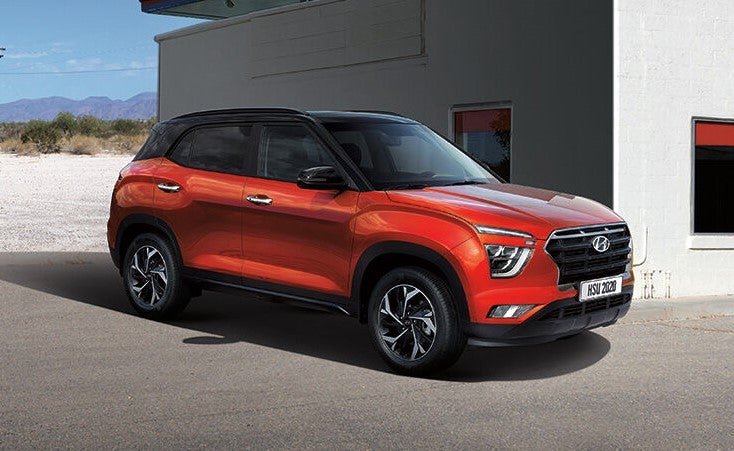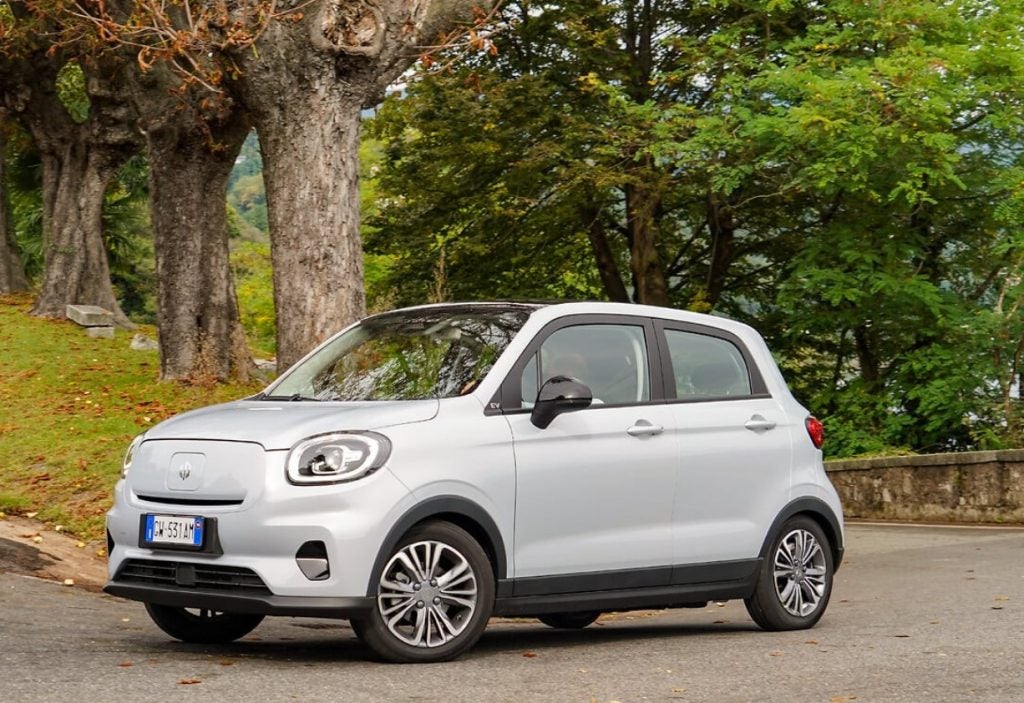From powertrain and engine control to driver safety and comfort, power inductors and transformers play a vital role in a broad range of automotive functions.
With the adoption of electric vehicles (EVs) increasing and cars becoming smarter and more efficient with sophisticated infotainment features and enhanced safety capabilities such as advanced driver assistance systems (ADAS) and autonomous driving, onboard electronic control units (ECUs) are growing rapidly, both in number and complexity, necessitating different automotive inductors and transformers with distinct characteristics.
Finding the best transformers and inductors for the automotive industry
Just Auto has listed some of the leading suppliers of automotive transformers and inductors based on its intel, insights and decades-long experience in the sector.
The list includes manufacturers and suppliers of energy-efficient, highly reliable and competitively priced, compact transformers and inductors designed for different automotive applications, including power supply, electromagnetic interference (EMI), information processing and sensing applications.
The list also includes companies that provide transformers and inductors especially designed for EVs and EV charging stations.
See Also:
The information contained within the document is designed for automotive designers, engineers, consultants, system integrators, auto body technicians, service managers and mechanics, and other automotive industry executives and technology leaders involved in automotive design, production, and servicing.
The download contains detailed information on automotive inductors and transformers suppliers and their product and service lines, along with contact details to aid your purchasing or hiring decision.
Types of automotive inductors and transformers
Automobile manufacturers look for a wide variety of high-current and high-power-density compact inductors and transformers that feature low core losses and magnetic shielding and are designed to meet different electronic system power and thermal handling requirements within the harsh automotive environment.
Different inductors and transformers used in the automotive industry applications include, but are not limited to:
- Surface mount power inductors
- Radial leaded and coupled power inductors
- Wire wound, multilayer, and thin-film power inductors
- Digital audio amplifier inductors
- Radio frequency (RF) inductors
- Chokes for automotive power over coax (PoC) applications
- Isolation transformers
- Flyback transformers
- Current transformers
- Planar transformers
- Ultrasonic sensing transformers, and
- Inductors and transformers for EV charging stations and on-board charges
For full details (including contact details) on the leading companies within this space, download the free Buyer’s Guide below:
Frequently asked questions
-
What role do transformers and inductors play in the automotive industry?
Transformers and inductors are critical components in automotive systems, ensuring efficient power conversion and distribution across electronic control units (ECUs), infotainment, safety systems, and electric vehicles (EVs). They help manage power fluctuations and optimise energy usage in various applications, such as powertrains, battery management, and electromagnetic interference (EMI) filtering.
-
What types of inductors and transformers are used in vehicles?
Automotive systems use surface mount inductors, wire-wound inductors, planar transformers, current transformers, and chokes for applications ranging from power management to EMI suppression in infotainment and safety features.
-
How do transformers contribute to EVs?
In electric vehicles, transformers manage energy flow between the battery and various systems, ensuring optimal power distribution and efficient charging. They play a crucial role in on-board chargers and high-voltage applications, such as electric drivetrains.
-
How do inductors improve vehicle efficiency?
Inductors in vehicles reduce power losses by managing current flow and storing energy for use when needed, particularly in powertrain and energy recovery systems. They contribute to overall vehicle efficiency by regulating voltage levels and supporting energy-saving functions.
-
What advancements are being made in automotive inductors and transformers?
Automotive inductors and transformers are evolving with improvements in thermal management, miniaturisation, and energy efficiency to meet the increasing demands of modern vehicles, especially in EVs and autonomous driving systems. These advancements enhance vehicle performance while maintaining safety and reliability.





